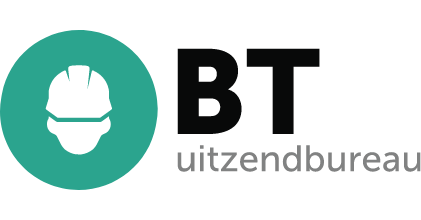The SNA seal of approval
The SNA seal of approval is the seal of approval for the temporary employment industry and work contractors and was developed to reduce the risks of hirers of labor and principals of work. Secondment and payroll companies also fall within the scope of the hallmark because they too provide labor.
Based on current legislation, these parties run the risk of being held liable for obligations from labor not fulfilled by the hirer or (sub)contractor. Companies with the SNA seal of approval are periodically checked for their obligations from labor, reducing the risk for the hirer and subcontractor of work.
As of July 1, 2012, a tax indemnification regarding hirer liability applies. This means that hirers who hire employees from a temporary employment agency with the SNA quality mark can be indemnified against possible liability by the Tax Authorities in respect of unpaid payroll taxes and turnover tax by the hirer. The conditions for indemnification can be found in the 'amendment guide to recovery 2008' dated June 27, 2012.
SNA-certified companies are assessed on their obligations from labor, namely:
- Enterprise identification;
- The declaration and remittance of payroll taxes and sales tax due (in the Netherlands);
- Wage payment not in violation of Minimum Wage and Minimum Holiday Allowance Act;
- Conducting identity verification and verification of eligibility to work in the Netherlands;
- Preventing risks of liability and penalties arising from hiring, on-lending or outsourcing work.
All this includes the administration and retention of required documents.
To assess a company's compliance with the above obligations, the company is generally inspected twice a year by an accredited inspection body. If there is reason for a more frequent inspection pattern, this can be extended to four times a year. There is also the possibility of targeted inspections if warranted.
View our brochure explaining the SNA seal of approval to you here.
Leaflet "The SNA Seal of Approval.
G-Account
If a company hires out, lends or seconds personnel in the Dutch market, a hirer can deposit a portion of the invoice into a g account.
A g account is a blocked bank account that allows a temporary employment agency to pay only payroll taxes and/or VAT to the IRS.
The hirer deposits 25% of the invoice into the g account, which is the estimated portion of payroll taxes and VAT. Should a temporary employment agency fail to meet its obligations in terms of VAT or payroll taxes, the tax authorities cannot hold the hirer liable for the amount the hirer has deposited in the g-account.
Statement of payment history (WKA)
BT temporary employment agency always has a Statement of Payment History (WKA). In a statement of payment history, the tax authorities declare in writing that the temporary employment agency has paid its payroll taxes and VAT at that time.

